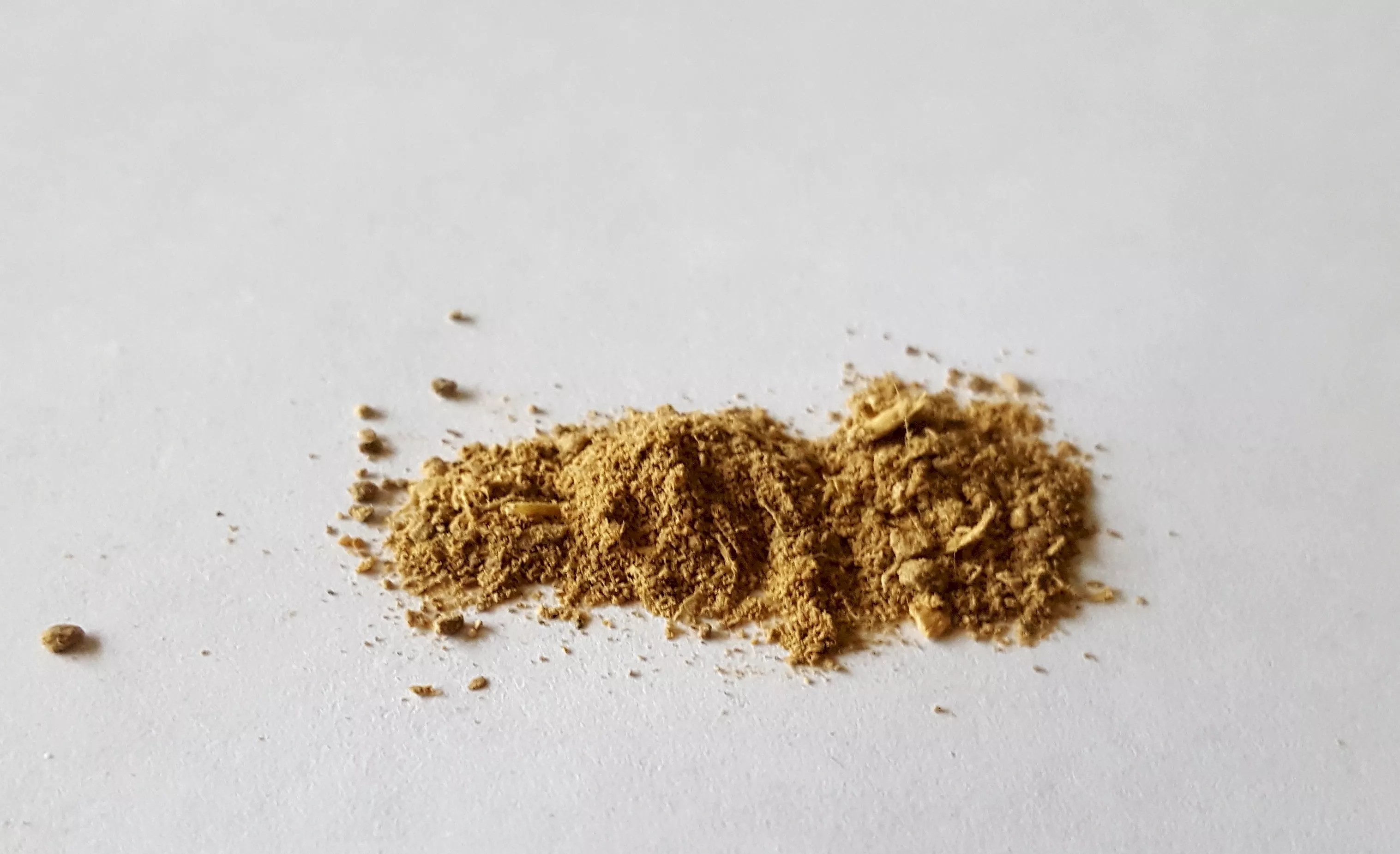
Flickr/Dominic Milton Trott

Audio By Carbonatix
Ibogaine, a natural psychedelic now decriminalized in Colorado, shows considerable potential in treating traumatic brain injuries among military veterans, according to recently published research from Stanford University.
An extract from root bark on the iboga shrub, ibogaine has traditionally been used by certain cultures in Africa for healing, religious and spiritual use. It interacts with opioid and serotonin receptors in the brain when ingested, which has drawn attention for treating opioid dependency and for “dreamlike states of consciousness that facilitate a longer period of self-reflection and evaluation,” according to Stanford researchers.
The study focused on how ibogaine impacts post traumatic stress disorder, with thirty different male veterans who had suffered brain trauma, the leading cause of PTSD, going to Mexico to take ibogaine and receive complimentary therapy and treatment. According to the researchers, participants achieved “significant improvements in functioning both immediately and one month after treatment and in PTSD, depression and anxiety.”
The improvements came in a variety of ways, researchers note, including processing speed, workplace memory, problem-solving, sustained attention, cognitive ability and semantic fluency, among other measurements. One study participant, a 27-year United States Navy veteran named Craig living in Colorado, reported better working habits and family communication.
“I wasn’t willing to admit I was dealing with any TBI challenges. I just thought I’d had my bell rung a few times – until the day I forgot my wife’s name,” the 52-year-old told the scientific journal Nature. “Since [ibogaine treatment], my cognitive function has been fully restored. This has resulted in advancement at work and vastly improved my ability to talk to my children and wife.”
Psychiatric symptom remission and response rates “remained high” after one month, researchers note, with neuropsychological testing revealing improved processing speed and executive function “without any detrimental changes observed,” as well as zero instances of decline found in any performance domain.
That doesn’t mean that ibogaine, associated with physiological risks such as fatal cardiac arrhythmia, is harmless. As a safeguard, researchers also administered magnesium, which is known to reduce heart rates. Although they believe that doing so “may mitigate this concern,” they acknowledge that more controlled clinical trials for safety and efficacy are needed to validate their initial findings.
The federal government currently considers ibogaine a Schedule I illegal substance, but it is unregulated in Mexico. Colorado was the first state in the U.S. to decriminalize ibogaine, specifically, along with psilocybin, DMT and mescaline. Psilocybin clinics and therapy centers are set to open as early as 2024 in Colorado, while DMT and mescaline are up for legal review by the Colorado Department of Regulatory Agencies by 2026. Ibogaine was further restricted by Colorado lawmakers after Prop 122 passed, however, with personal ibogaine gifting no longer permitted but cultivation and possession still allowed.
The gifting restriction on ibogaine was put in place because of the associated cardiac risks, but legislators also moved ibogaine up for DORA therapeutic review earlier than DMT and mescaline, paving the way for therapeutic centers similar to those being opened for psilocybin. According to the Healing Advocacy Fund, an organization that advocates for psychedelic reform in Colorado and Oregon, DORA could consider ibogaine for regulated access as soon as the end of the year – but the conversation “must be treated with care, given ibogaine’s known cardiac risks if administered without proper medical oversight,” the organization adds.
“This research showing that ibogaine can be effective for veterans suffering from TBIs is just the latest piece of evidence showing that psychedelics have real therapeutic possibilities that deserve further study,” Tasia Poinsatte, director of the Healing Advocacy Fund’s Colorado chapter, says in a statement. “We look forward to seeing more research into the health benefits of all natural psychedelic medicines including studies to inform a safe and effective psychedelic therapy program in Colorado.”